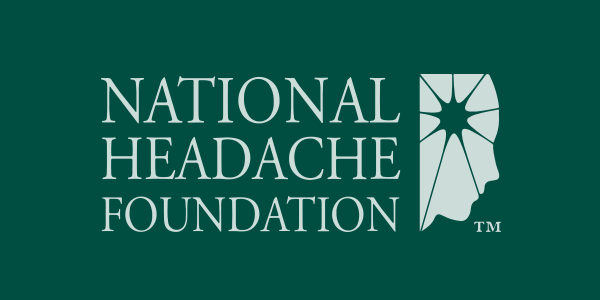Monosodium Glutamate (MSG)
Complexity of MSG as a Trigger: While MSG has been implicated as a migraine trigger, the evidence is mixed and somewhat inconclusive. Studies conducted with high doses of MSG have shown varied results in triggering headaches, making it challenging to…
Read More


